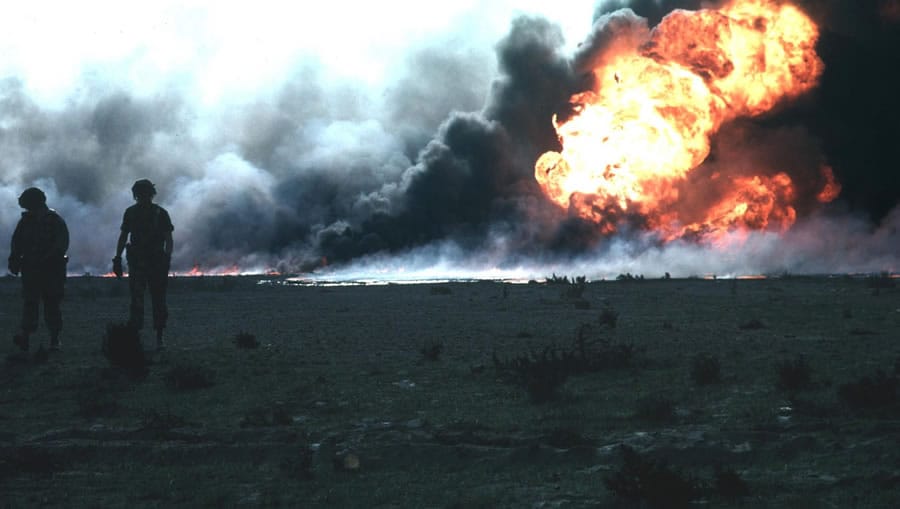
Economic Sanctions against Iraq essay
The 2003 economic sanctions against Iraq as the main aggressor of the Middle East involved arms embargo, and freezing and transfer of assets. The enlightened idea of reconstructing Iraq as a democratic state and providing security to the international community was also accompanied by the direct economic interests of the USA in the regions, known as world oil storage. The struggle for the oil to a large extent determines the entire policy of powers in the region, and the position of sanction imposed made Iraq weaker and easier to be controlled by the US oil monopolies.
Seeking to establish control over the Iraqi oil industry, the US and EU got also involved into such profiting issues as coordination of humanitarian supplies, rebuilding the infrastructure, functioning of healthcare and education establishments, transport, customs, and local administration. This could be considered as proof that Americans initially sought for reconstruction of Iraq on their own script and creating a new and easily controlled political system there, rather than protected themselves or searched for threats. Based on this, it may be concluded that irrespectively of sanctions’ duration and the level of the UN involvement, the United States will still be able to protect their economic interests in Iraq.
In its turn, Iraq got into in a very difficult economic and social situation as a result of the military confrontation and the economic blockade. Due to the lack of financial resources, raw materials, and equipment, the economy of the country has for many years been long in a state close to critical, which probably makes the development of powerful weapons impossible. Still, we reckon that arms embargo should be maintained and UN military inspectors should continue their work on monitoring current situation.

